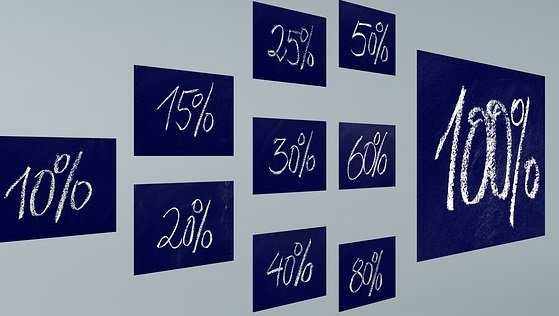
Veterans applying for a 100% disability rating typically go through a long, drawn out process of filing for disability and appealing multiple decisions by the VA. Getting to 100% is often the goal for severely injured Veterans, and reaching that goal can be a huge source of relief and comfort. For some Veterans, however, it is just the beginning of the fight. Some individuals are entitled to more compensation than is provided for by a standard 100% disability rating from the VA. A question that our clients frequently ask is: “How can a Veteran receive a VA disability rating over 100%?” While being considered 100% disabled is the highest possible percentage on the pay scale, there are multiple different ways a Veteran can receive additional pay.
For a Veteran to be eligible for disability compensation higher than 100%, they must qualify for what is known as SMC, or Special Monthly Compensation. SMC is awarded for conditions that require special assistance with ADLs (activities of daily living). This includes activities such as:
There are also other ways to increase your VA disability rating pay over 100% and receive SMC. For example, if your service-connected condition causes blindness or deafness, or it is severe enough to cause paralysis or a bedridden state. Another qualifying factor is if your service-connected condition makes you “homebound,” or unable to leave your house. There are many disabilities that are related to your limbs that may make you eligible. Missing or paralyzed limbs are common. However, the rules surrounding SMC are complex and many people misunderstand the nature of what kind of disability qualifies.
Although needing help for activities of daily living is a situation that can lead to special monthly compensation, instances where occasional help is required does not qualify. It is not enough for your spouse or family member to “help” you out occasionally. SMC is about compensation because your service-connected condition is so severe that help is necessary. Special Monthly Compensation is a very complex part of the VA and applying for the benefits can be tricky. Understanding what qualifies and what does not can be difficult. You may want to consult a VA disability appeals attorney to see if you are eligible.
Another way a Veteran can qualify for an increase in their disability compensation over the 100% threshold is through Veteran aid and attendance benefits. Aid and attendance benefits are additional benefits that Veterans can use to pay for in-home care for disabled Veterans or care in an assisted-living facility or nursing home. To be eligible for aid and attendance, a Veteran must fall below an income and asset threshold. If you are already well-off financially, you will likely not qualify for this benefit.
If you are fighting the VA for disability compensation, you will most likely feel frustrated during multiple points of the application and appeals process. At Berry Law, our team is committed to helping Veterans who have been denied a VA disability claim or were rated to poorly by the VA in the past year. Our team has appealed tens of thousands of VA rating decisions and we understand the difficult process our clients face. If you need help appealing an unfavorable decision by the VA, give our team a call for a free case evaluation today.
Our team does not currently assist with SMC applications directly and we can only help with aid and attendance if it accompanies an appeal we are filing. If you are looking for help applying for SMC or aid and attendance, we encourage you to contact the National Organization of Veterans’ Advocates.
Our monthly newsletter features about important and up-to-date veterans' law news, keeping you informed about the changes that matter.